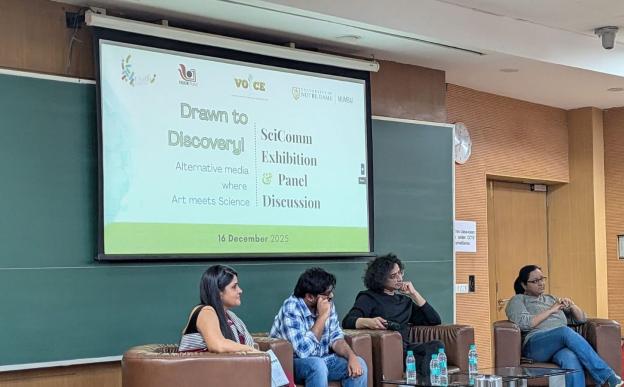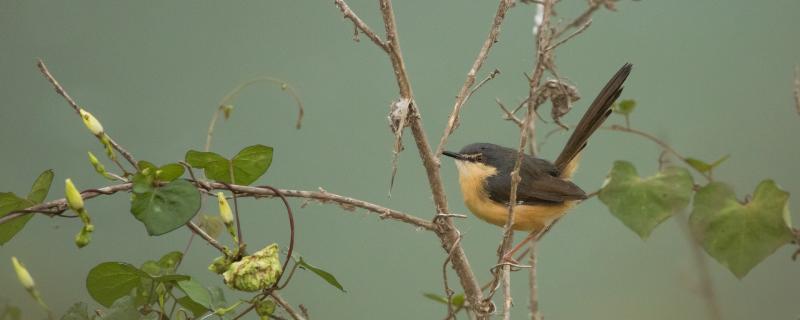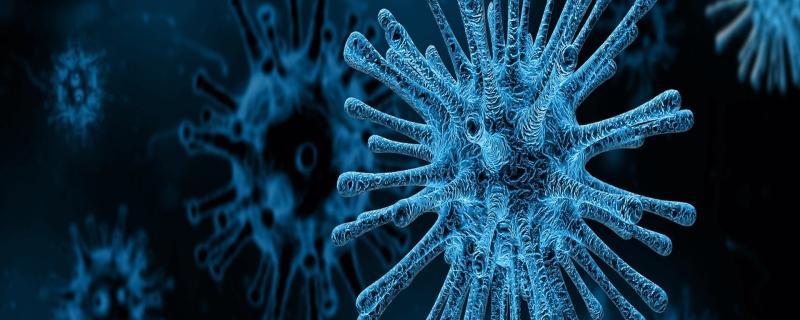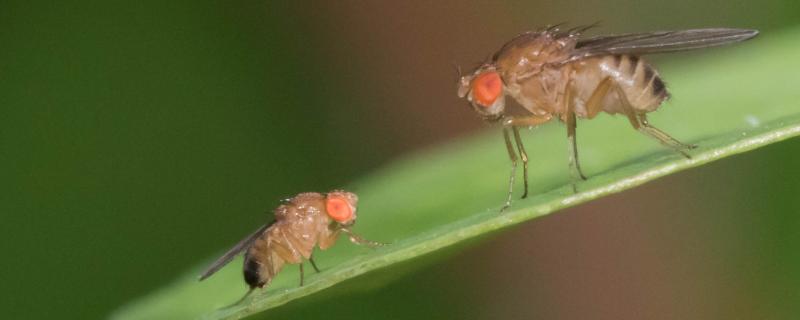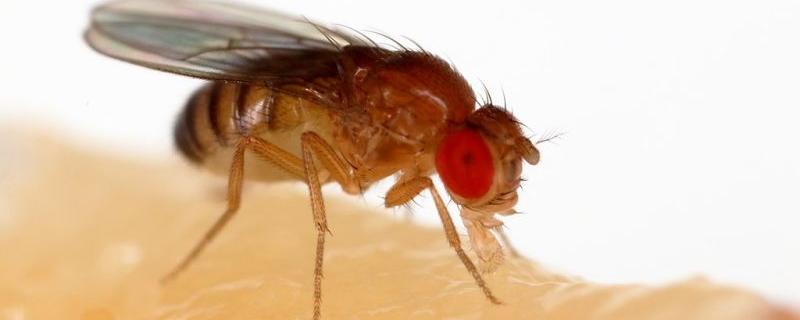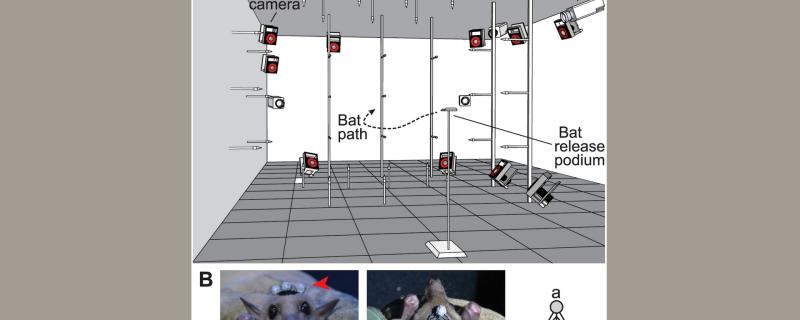In a recent study published in the Behavioral Ecology journal, Dr Anand Krishnan from the Indian Institute of Science Education and Research (IISER) Pune, studied birds’ singing activity and changes in the community structure of singing birds, before and after the arrival of migrant birds. The findings serve as a framework for monitoring rapidly-changing urban habitats through vocal birds and their singing behaviour.
The Indian Institute of Science Education and Research (IISER) Pune on Tuesday launched the VOICE Fellowship 2025
Pune/
